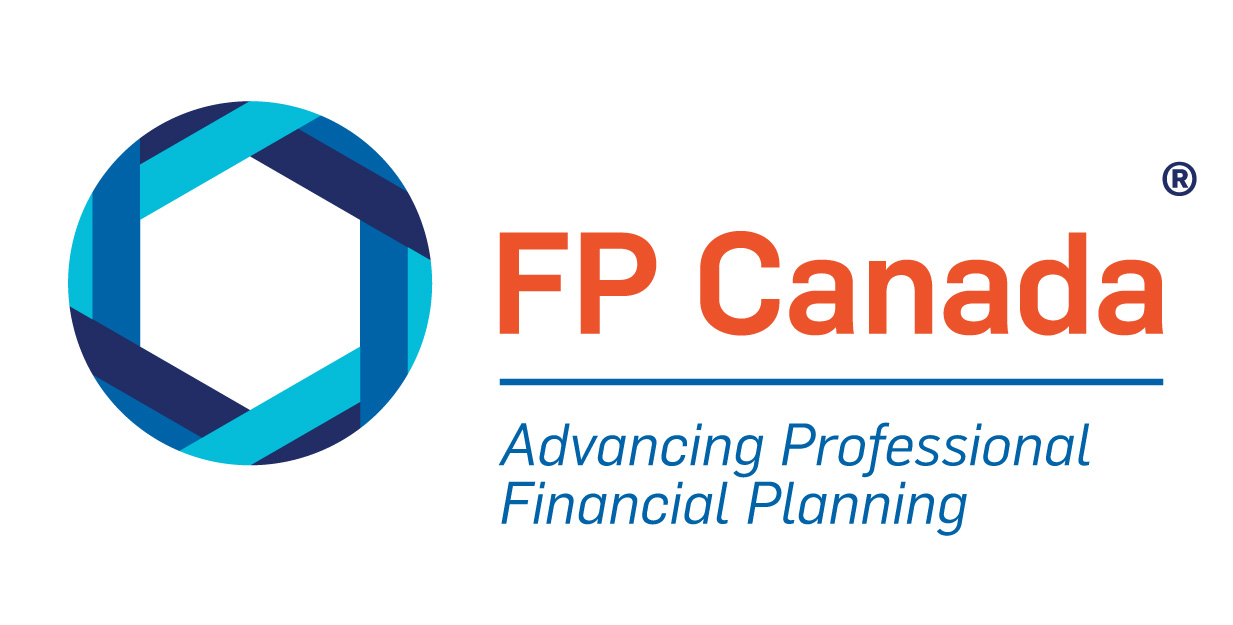Life changes, and your financial plan should reflect that.
Fortunately, your financial checkup is the perfect opportunity to re-evaluate your priorities.
Financial Planning is a Dynamic Process
Your goals and priorities may shift over the years as your lifestyle or circumstances evolve. After creating a thorough financial plan, revisiting it regularly is key.
Jeanette Brox, a Certified Financial Planner® professional with Investors Group in Toronto, shares some frequently asked questions she receives about having an annual financial planning checkup.
How Often Should I Revisit My Financial Plan?
Once you have a financial plan in place, commit to revisiting it at least once a year. Often this review coincides with tax season or the RRSP contribution deadline. But it can be scheduled for any time that works for you and your Certified Financial Planner® professional or Qualified Associate Financial Planner™ professional.
If you’ve undergone a significant life change, like a shift in your job status or family situation, consider making an appointment even if it’s been less than a year.
How Important is The Checkup?
It’s important. Your plan must be current and accurate in order to provide a road map to your financial and life goals. It’s also a great opportunity to review your goals and make sure they still reflect what you want, today and in the future.
All too often, clients have thoughts like, “my questions aren’t important” or “my financial planner is too busy, and I don’t want to be a bother.” Remember: it’s your planner’s job to help you, and your checkup is the perfect time to get their undivided attention.
"your financial planner wants to see you to ensure that your plan is meeting your needs today and will help you achieve your goals tomorrow.”
Your financial planner will review your plan to assess whether you’re on track to reach your goals. You should also make any necessary updates to your personal information and estimates - such as salary, insurance needs, target retirement age and estate plans - to make sure they’re still accurate.
Your checkup may also lead to follow-up activities, such as working on your will or power of attorney.
How Should I Prepare to Get the Most Out of My Checkup
Brox recommends the following activities:
- Make a list of any questions you’d like to ask your planner.
- Think about your goals and make sure they still make sense.
- Be prepared to update your planner on any life changes or financial actions you’ve taken.
- Bring in any relevant documentation, such as tax returns or pension paperwork.
Your CFP® professional or QAFP® professional should take into account all aspects of your financial life - and help you understand how they affect one another. Keep this holistic approach in mind to ensure you’re addressing all the areas that will help you achieve your financial and life goals.
What About My Questions Between Checkups?
Communication between you and your planner is a two-way street. While once a year is ideal for many people, some wish to check in more often. You may want to establish your preferred frequency of communication when you first set up your plan, as well as the different ways you can get in touch. Many financial planners are available by phone, email and for face-to-face meetings.
Most importantly, don’t put off checking in with your planner. “Your financial planner wants to see you to ensure that your plan is meeting your needs today and will help you achieve your goals tomorrow,” says Brox.
To find a CFP professional or QAFP professional in your area who can help you start achieving your financial goals, use our Find Your Planner tool.

 Find Your Financial Planner
Find Your Financial Planner

